
Energy, emissions, & climate @CICERO_klima
Projects @V_ERIFY_H2020, @4C_H2020, @ParisReinforce, @CoCO2_project, @iam_compact, @climatediamond, @EuPathfinder
20 subscribers
How to get URL link on X (Twitter) App


 We estimate EU emissions down 3.8%, US edged down 0.6%, & Chinese emissions edged up 0.2%.
We estimate EU emissions down 3.8%, US edged down 0.6%, & Chinese emissions edged up 0.2%.


 When looking at the temperature change relative to the previous year, without (left) & with (right) annualised ENSO lags, then 2023 is more unusual depending on the lag.
When looking at the temperature change relative to the previous year, without (left) & with (right) annualised ENSO lags, then 2023 is more unusual depending on the lag.


 It all depends on how you slice the data. The previous figure was the anomaly relative to a trend (loess with 50 year window).
It all depends on how you slice the data. The previous figure was the anomaly relative to a trend (loess with 50 year window).

 Was 2023 an El Nino year? That is not so obvious...
Was 2023 an El Nino year? That is not so obvious...

 According to IPCC AR6, N2O caused 0.1°C of the current warming of 1.1°C (not this figure is now higher).
According to IPCC AR6, N2O caused 0.1°C of the current warming of 1.1°C (not this figure is now higher).

 Record high emissions means record high radiative forcing.
Record high emissions means record high radiative forcing.
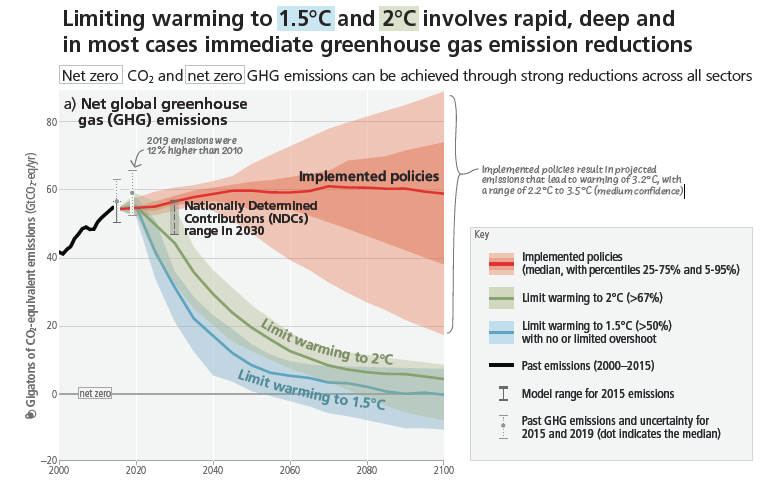
 If you are surprised by this figure, where the median is 2.5°C (not 3.2°C), then I am curious why you think scientists are so optimistic...
If you are surprised by this figure, where the median is 2.5°C (not 3.2°C), then I am curious why you think scientists are so optimistic...
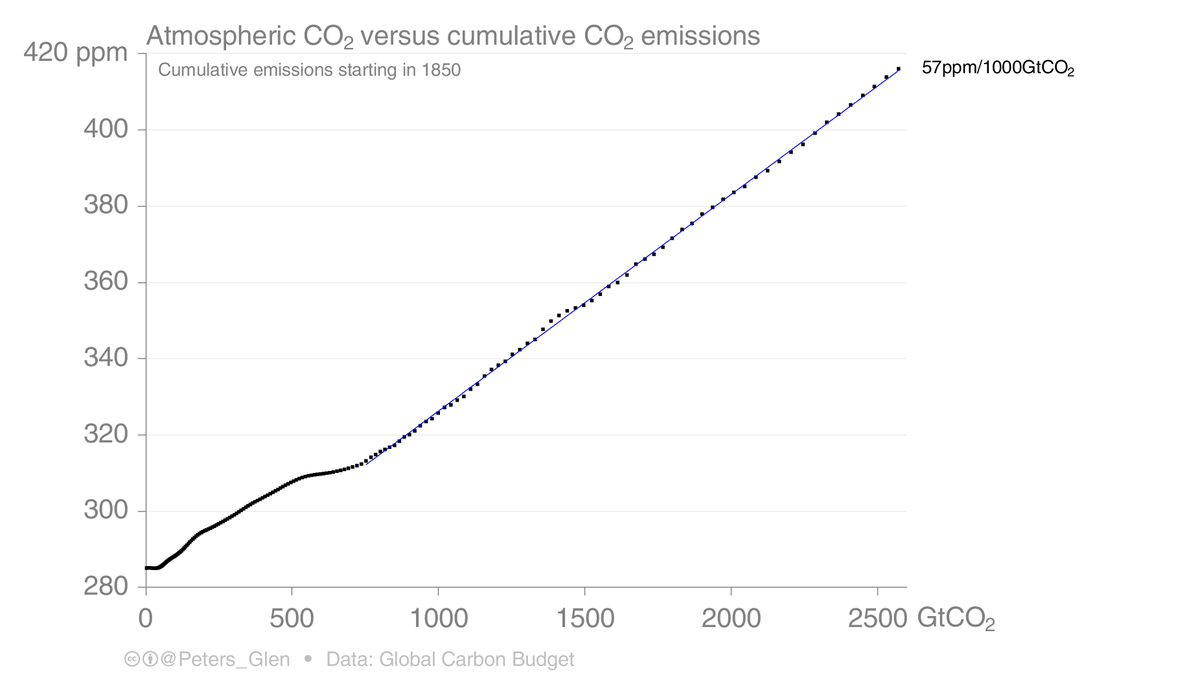
 If atmospheric CO2 is proportional to cumulative CO2 emissions, then the annual change in atmospheric CO2 is proportional to annual CO2 emissions.
If atmospheric CO2 is proportional to cumulative CO2 emissions, then the annual change in atmospheric CO2 is proportional to annual CO2 emissions. 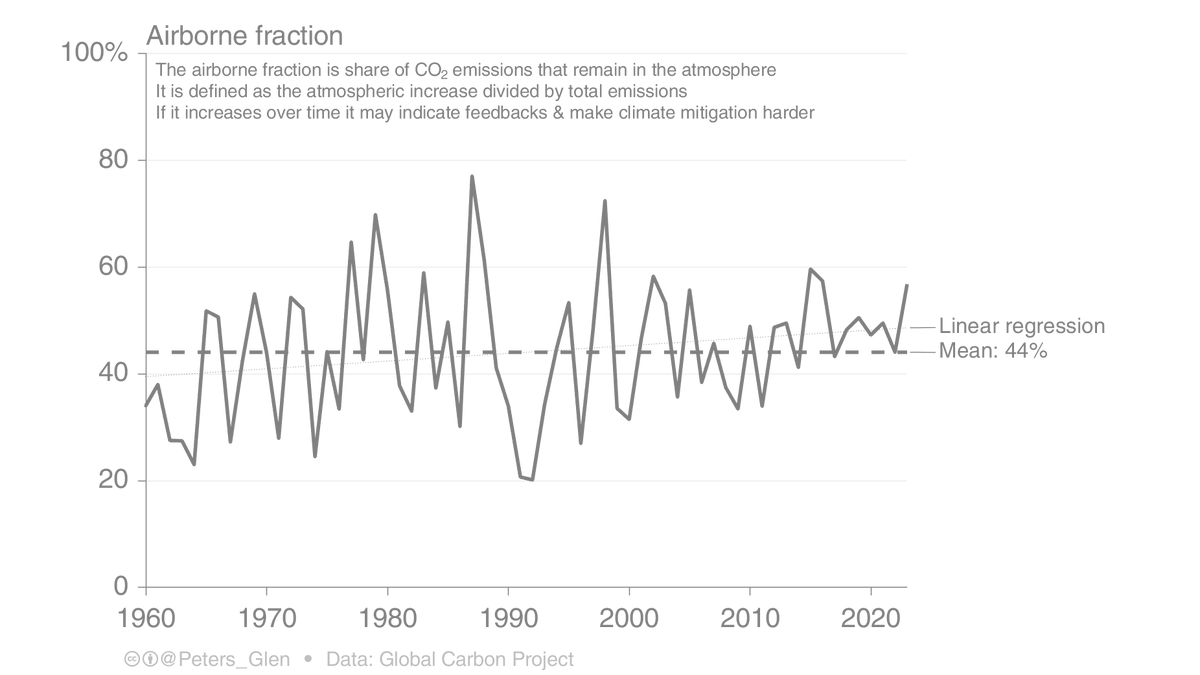

 I can make this figure incredibly complex by adjusting for ENSO (red dots and line).
I can make this figure incredibly complex by adjusting for ENSO (red dots and line).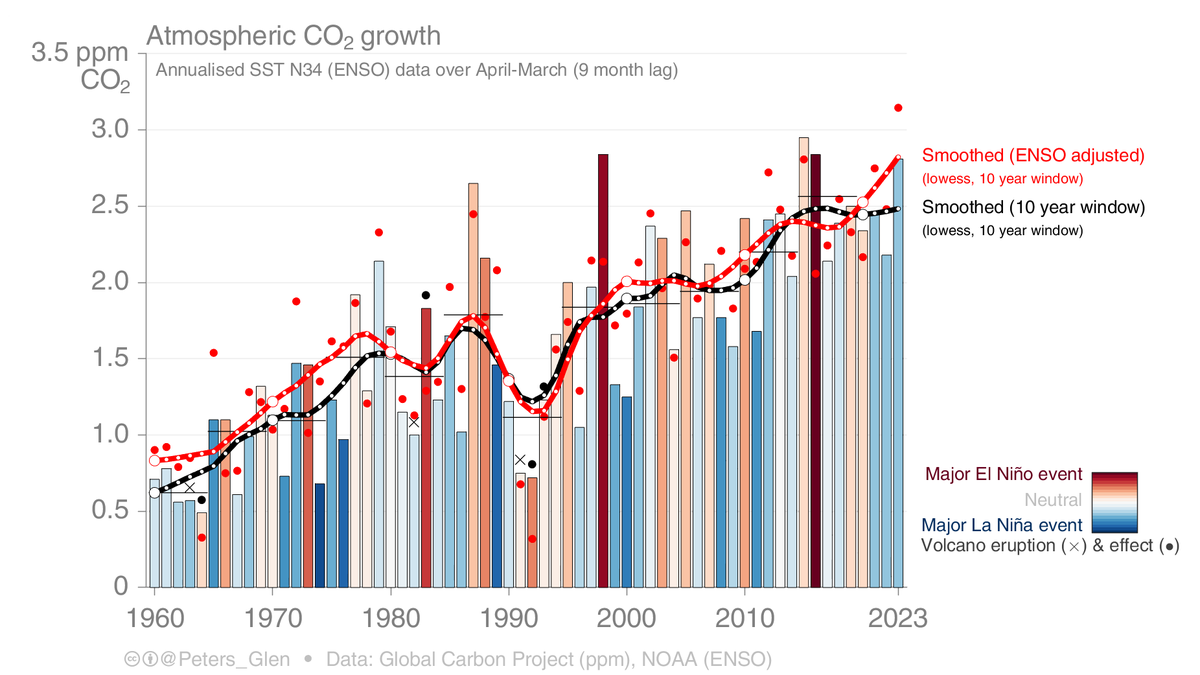

 Here is the projections from the 2003 report from the petroleum agency.
Here is the projections from the 2003 report from the petroleum agency.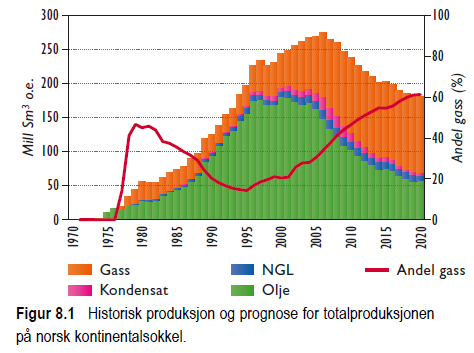
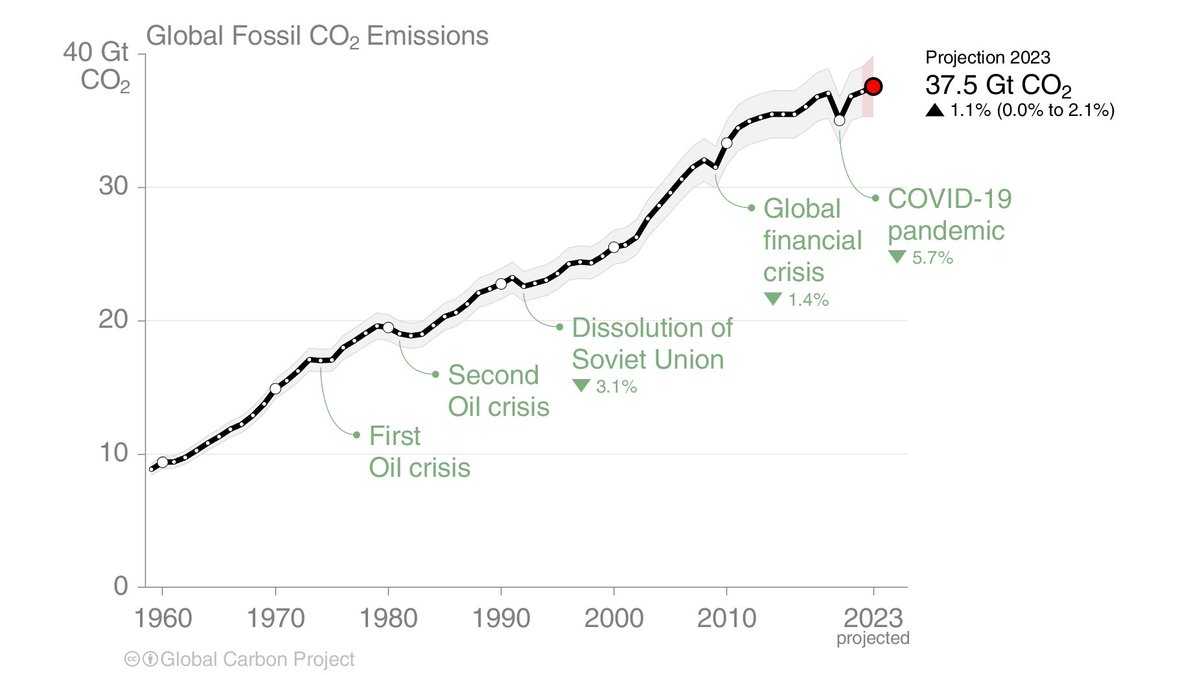
 CO2 emissions by fossil fuel:
CO2 emissions by fossil fuel:

 Equilibrium Climate Sensitivity of 4.8°C ± 1.2°C
Equilibrium Climate Sensitivity of 4.8°C ± 1.2°Chttps://twitter.com/hausfath/status/1720098321161957761?t=3qr7fL1lsk857U8KJ8BLZw&s=03


 The update for 2°C has similar changes for each component, but because the budget is much bigger, the changes don't seem that dramatic. Not Nature Climate Change worthy...
The update for 2°C has similar changes for each component, but because the budget is much bigger, the changes don't seem that dramatic. Not Nature Climate Change worthy...

 To illustrate the importance, here is ScenarioMIP from CMIP6/AR6!
To illustrate the importance, here is ScenarioMIP from CMIP6/AR6!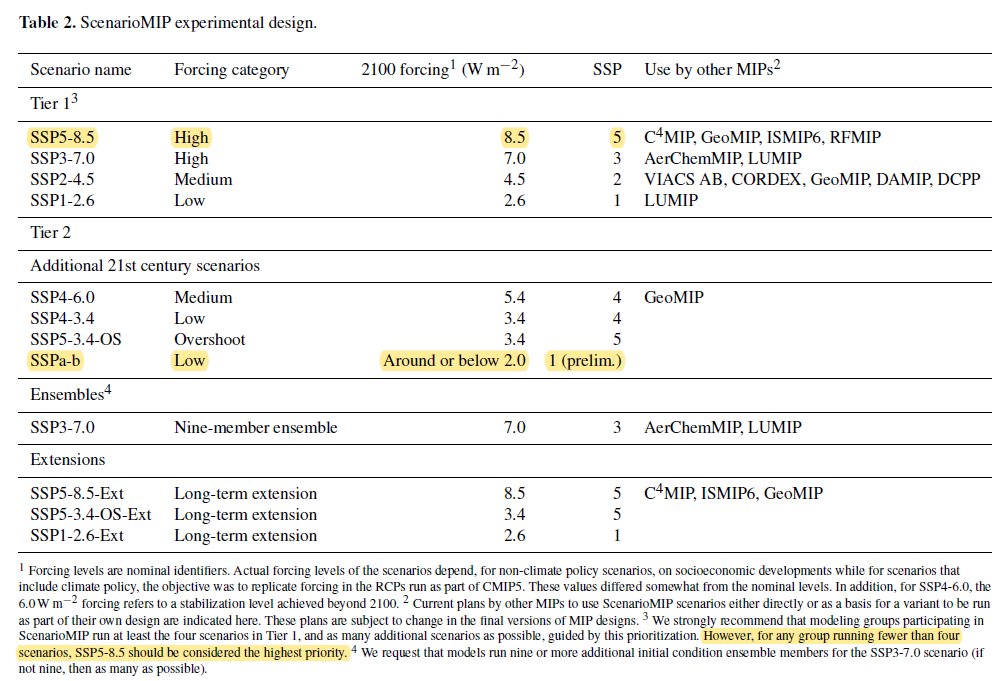

https://twitter.com/oneill_bc/status/1699072996516962812I think the first paragraph of Brian's article highlights a problem.


 The IEA has key pillars:
The IEA has key pillars: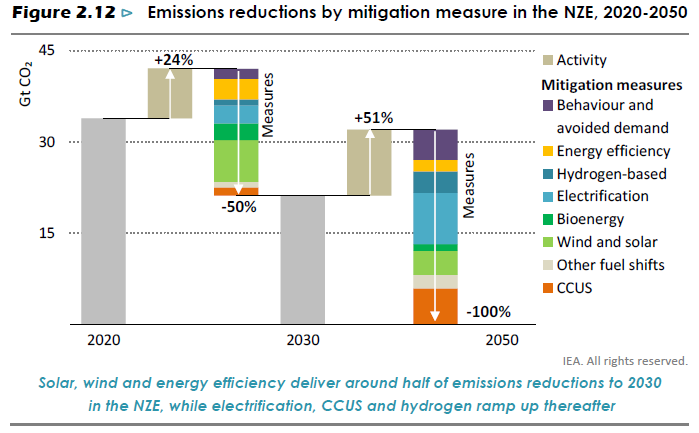
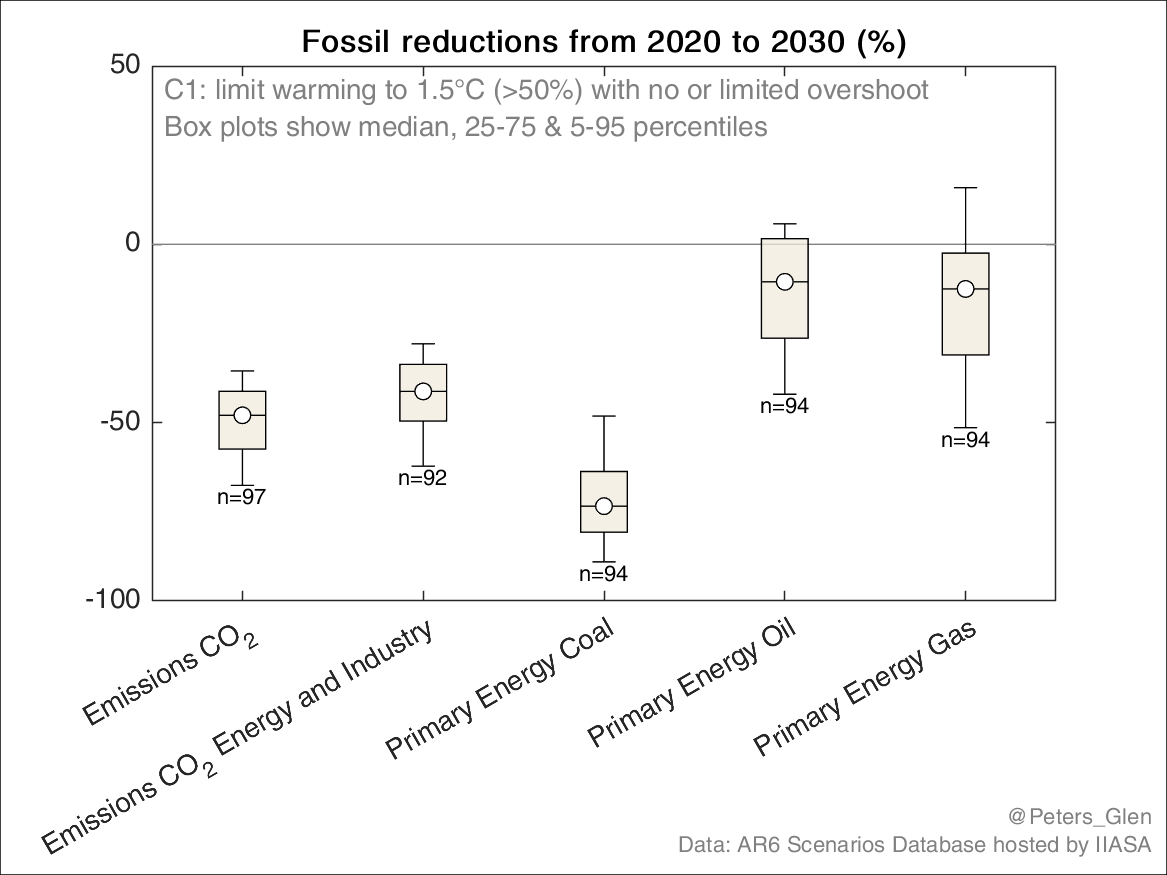
 By 2050, basically all coal is gone (~100% reductions), and any coal that remains has CCS (not shown explicitly in the figure).
By 2050, basically all coal is gone (~100% reductions), and any coal that remains has CCS (not shown explicitly in the figure).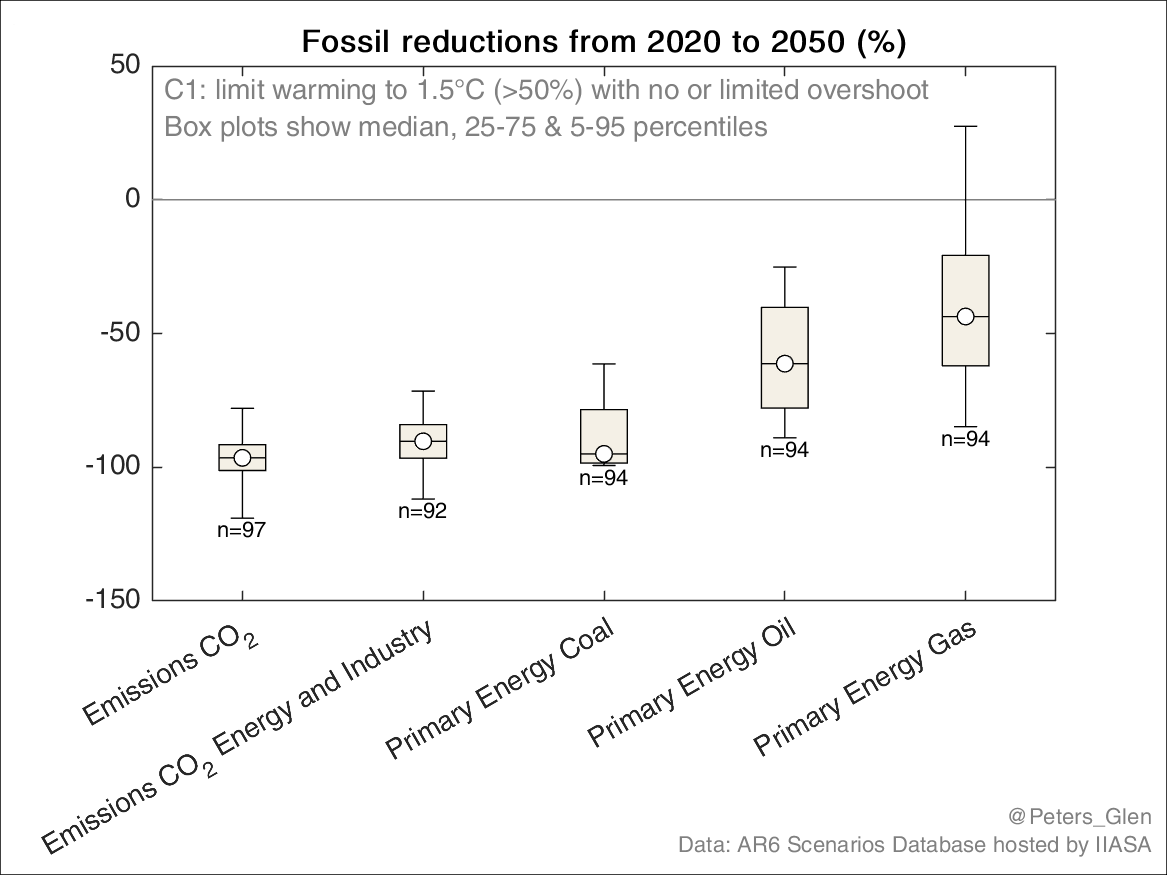
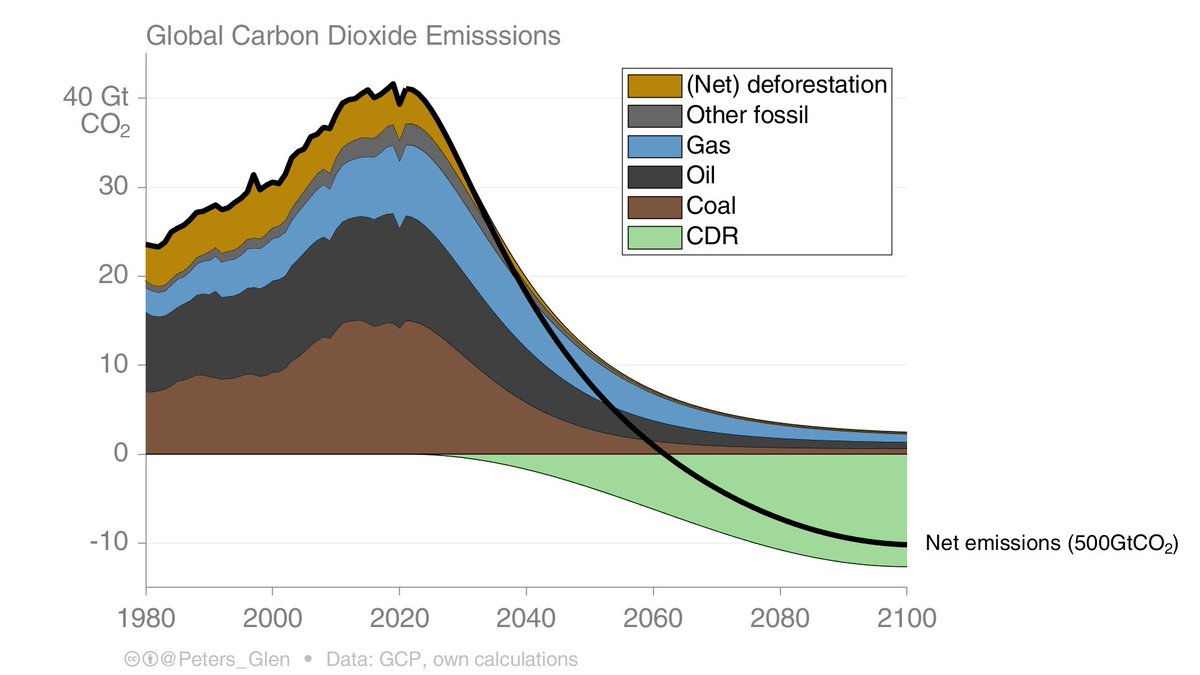
 To make it easier to compare, this is what it looks like for each individual fossil fuel with those assumptions.
To make it easier to compare, this is what it looks like for each individual fossil fuel with those assumptions. 

 "But we need to invest in CDR now to get the necessary scale in 2050".
"But we need to invest in CDR now to get the necessary scale in 2050".

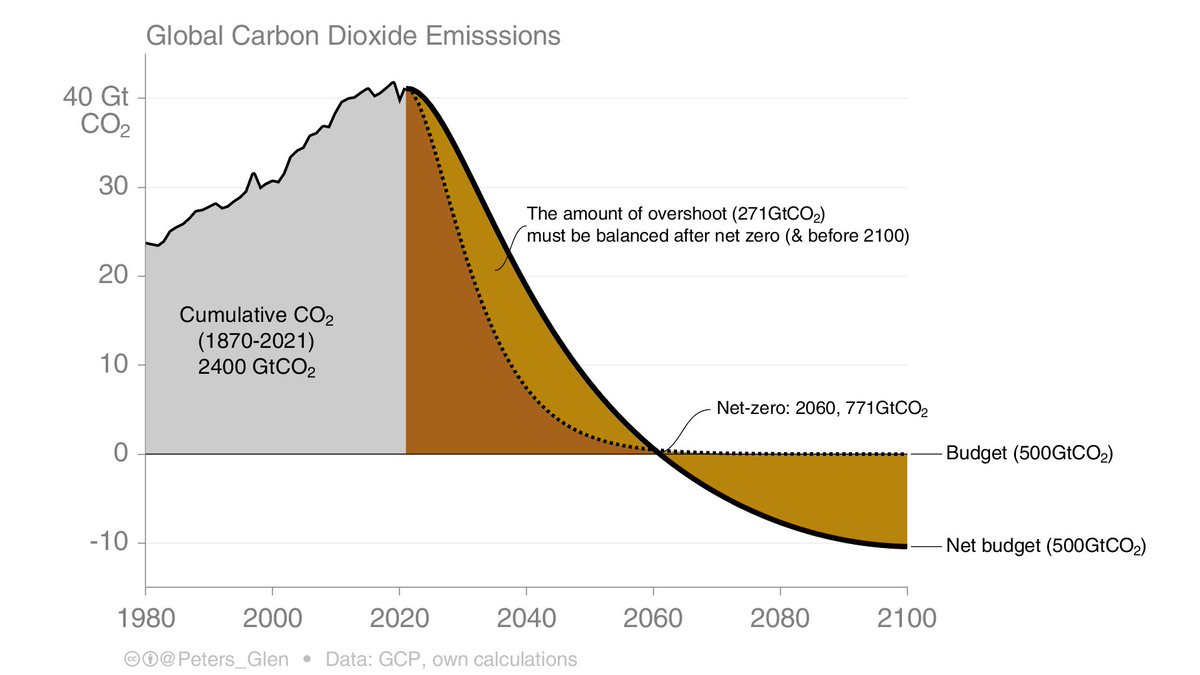
 This particular configuration overshoots the remaining carbon budget by 270GtCO₂, which is about 0.12°C.
This particular configuration overshoots the remaining carbon budget by 270GtCO₂, which is about 0.12°C.